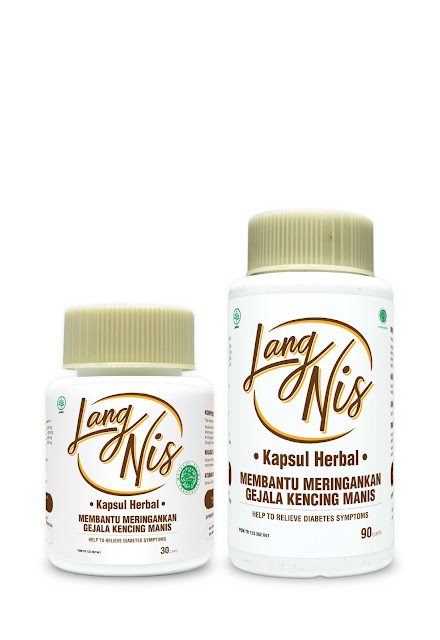Langnis - Blood sugar management is a critical aspect of maintaining overall health and preventing various health complications. While medication plays a role, incorporating natural methods, specifically herbs, can significantly contribute to regulating blood sugar levels. Understanding the potential of these herbs and their effective utilization can pave the way for a healthier lifestyle.
Understanding Blood Sugar Levels
Before delving into the realm of herbs, it's crucial to comprehend the significance of blood sugar levels. Glucose, derived from the food we consume, serves as the primary source of energy for the body. However, fluctuating blood sugar levels can lead to complications, including diabetes and other related health issues.
Role of Herbs in Lowering Blood Sugar
herbs to lower blood sugar naturally have garnered attention for their ability to regulate blood sugar levels effectively. Their natural properties aid in managing glucose levels and improving insulin sensitivity. These natural remedies are often preferred for their minimal side effects compared to conventional medications.
Top Herbs for Lowering Blood Sugar
- Cinnamon: Known for its antioxidant properties, cinnamon helps improve insulin sensitivity, lowering blood sugar levels.
- Fenugreek: Rich in soluble fiber, fenugreek slows down the digestion and absorption of carbohydrates, thus regulating blood sugar.
- Ginger: With its anti-inflammatory properties, ginger aids in lowering fasting blood sugar levels.
- Turmeric: Curcumin, the active compound in turmeric, assists in reducing insulin resistance.
- Bitter Melon: Contains compounds that mimic insulin, effectively lowering blood sugar levels.
- Gymnema Sylvestre: Helps regenerate insulin-secreting cells in the pancreas, contributing to better blood sugar control.
Methods of Incorporating Herbs
These herbs can be easily integrated into daily life. From adding cinnamon to morning oatmeal to brewing herbal teas infused with fenugreek or ginger, there are diverse ways to incorporate these natural remedies into one's diet.
Scientific Backing and Studies
Numerous studies support the effectiveness of these herbs in managing blood sugar levels. However, it's essential to understand the appropriate dosage and consult healthcare professionals before making significant changes.
Lifestyle Changes and Diet
While herbs play a crucial role, complementing them with a balanced diet and regular exercise is paramount. Opting for whole foods, controlling portion sizes, and staying physically active contribute significantly to blood sugar management.
Holistic Approach to Health
Incorporating mindfulness practices, stress management techniques, and adequate sleep into daily routines can also impact blood sugar levels positively. Stress, in particular, can affect blood sugar levels, emphasizing the need for a holistic approach to health.
Consulting a Healthcare Professional
Before integrating herbs into a blood sugar management plan, consulting healthcare professionals is crucial. They can provide personalized guidance based on individual health conditions and medication interactions.
Conclusion
Managing blood sugar levels naturally through the integration of herbs offers a promising avenue for those seeking holistic health solutions. While herbs showcase potential, their effectiveness varies from person to person. Embracing these natural remedies, alongside a healthy lifestyle and medical advice, can significantly contribute to improved blood sugar control.
FAQs
Are herbs a substitute for prescribed medication in managing blood sugar?
- While herbs can aid in managing blood sugar, they should complement prescribed medication rather than replace it. Consult a healthcare professional before making any changes.
Can I consume these herbs in large quantities for better results?
- Moderation is key. Excessive intake of herbs can have adverse effects. Follow recommended dosages and seek advice from a healthcare provider.
Are there any side effects associated with these herbs?
- While generally safe, some herbs might interact with medications or cause allergic reactions. Consulting a healthcare professional is crucial before incorporating them into your routine.
Can herbs alone control blood sugar levels without dietary changes or exercise?
- Herbs contribute to blood sugar management, but a holistic approach involving diet and exercise is essential for optimal results.
How long does it take for herbs to show an effect on blood sugar levels?
- The timeline varies from person to person. Consistent usage over time, along with other lifestyle changes, is necessary to observe significant improvements.




0 comments:
Post a Comment